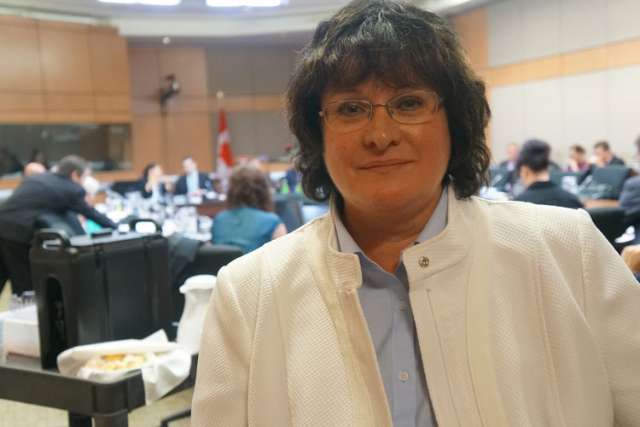After the Third Reading vote, the bill would go to the Senate, where speedy passage will be necessary to ensure a new law is in force once the old prostitution laws are no longer valid. When the Supreme Court of Canada struck down several sections of Canada’s existing prostitution laws last December, it suspended its judgment for a year to give Parliament time to pass a new law.
The Canadian Council of Churches (CCC), the Evangelical Fellowship of Canada and an array of other groups advocating for abused and vulnerable women praised the way Bill C-36 criminalizes for the first time in Canada the purchase of sex and commodification of women’s bodies. They criticized, however, a section that would criminalize the selling of sex if prostitutes solicited in public places where “children under the age of 18 can be reasonably expected to be present.”
The CCC said it applauded the government’s decriminalization of the selling of sex but expressed concern Sections 213 (1) and (1.1) had the “potential to create barriers for prostituted individuals to exist the sex trade.” Other groups criticized the section as too broad and could mean prostitutes could be charged anywhere, further victimizing them.
NDP Justice Critic Francoise Boivin noted most of the witnesses have described prostitutes as victims, but Bill C-36 says “if they cross the line and do it in a public place they are not victims any more,” a view she described as making no sense.
The Justice Committee did not eliminate section 213 (1.1), but tightened the language to say: “Everyone is guilty of an offence punishable on summary conviction who communicates with any person — for the purpose of offering or providing sexual services for consideration — in a public place, or in any place open to public view, that is or is next to a school ground, playground or day care centre.”
Conservative MP Bob Dechert, Parliamentary Secretary to the Justice Minister, moved the amendment to take into consideration the concerns of the various witnesses.
The majority praised what they saw as a “paradigm shift in how Canada deals with prostitution,” Dechert said, noting the “horrendous stories” witnesses shared of events “that should never have happened in Canada.”
Dechert defended narrowing down the section rather than eliminating it.
“All we are doing is talking about a small piece of real estate in this vast country of ours” that should remain “sacrosanct” to protect children from being exposed to prostitution.
The government is responding to those who argued the section is too vague, he said.
The committee passed an amendment put forward by the NDP that would require a House of Commons committee to do a “comprehensive review of the provisions and operation” of the prostitution act within five years of its coming into force.
“This will allow the government to see the impact of Bill C-36 and fine-tune it where necessary,” said Conservative MP Joy Smith in a news release. The NDP had originally suggested the review in two years, but the time limit was expanded to give more time to collect information, she said.


